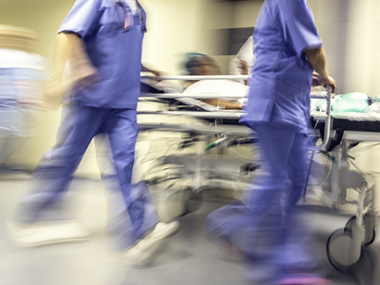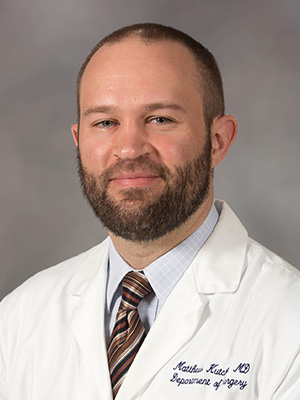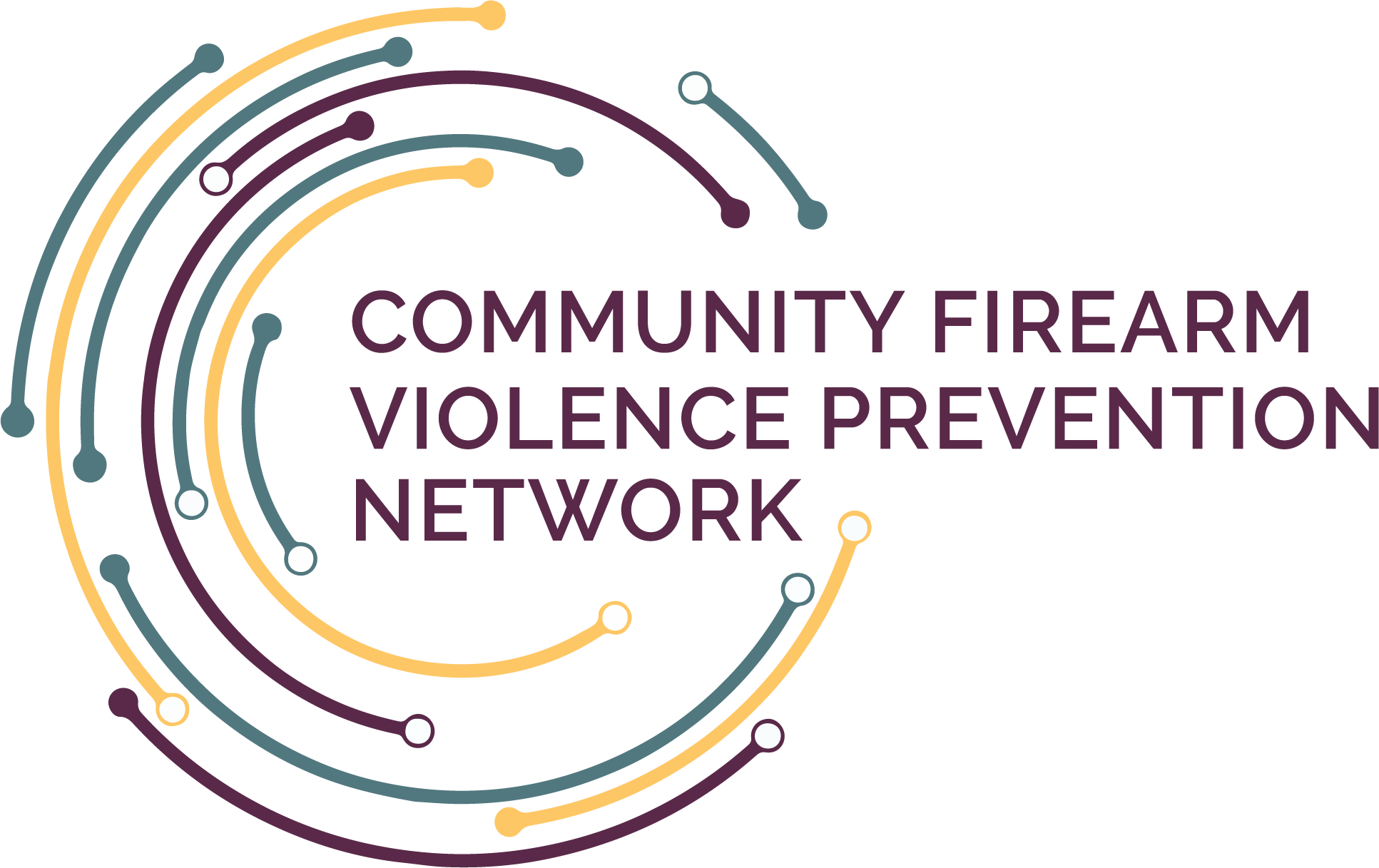Mississippi Violence Injury Prevention Program
Program Overview

Did you know that Mississippi had the nation's highest firearm mortality rate in 2023?
Jackson, the state's capitol, in 2024, had a homicide rate three times higher than the state and 15 times higher than the national rate of murders.
Firearm violence disproportionately affects minority populations, men, and young adults. Among Black, non-Hispanic men, homicide is the leading cause of death for ages 20 to 24, the second leading cause for ages 25 to 34, and the third for ages 35 to 44. It is also the third leading cause of death among Hispanic men aged 20 to 34.
There is a strong need in the Jackson metro area for such research to investigate the risk factors of firearm violence and provide resources for survivors and their family members to go back to life. The Mississippi VIP Program supports collaborative research and initiatives led by the community that help to reduce gun and related violence in Mississippi.

"The Violence Injury Prevention (VIP) program represents a change in mindset in the treatment gunshot victims receive, going beyond patching up bullet holes and discharging patients to return to the circumstances that contributed to their injuries." – Dr. Lei Zhang, Principal Investigator
This program helps transition our ability to care for victims from a reactive, physical injury-focused approach to a more holistic, community-based focus. In addition to increasing survival with high-quality medical and surgical care, it aims to decrease the incidence of gunshot wounds in the first place. We believe this approach is working because it relies not on doctors and hospitals telling patients what to do, but instead on hospital and community providers coming together to address the needs identified by communities injured by gun violence.
Housed in the School of Nursing, the program consists of 14 investigators from nursing, surgery, emergency medicine, psychiatry, preventive medicine, data science and three support staff.
The NIH grant, awarded over five years, consists of two parts. During the first two years, researchers survey patients on the root causes of their injuries, which include economic stress, housing instability, adverse childhood experiences and mental health issues. In the last three years, the team helps develop community- and hospital-based resources to address those causes and integrate them into outreach efforts and patient care.
The VIP program represents a change in mindset in the treatment gunshot victims receive, going beyond patching up bullet holes and discharging patients to return to the circumstances that contributed to their injuries.

"This grant," says co-principal investigator Dr. Matt Kutcher, "helps support an opportunity for us to turn this around, to make UMMC not just the state's only Level 1 trauma center, but to make it into a national example of what health care can look like when it is tightly linked to the needs and voice of the community."
|
In the News
MS-VIP got wide media coverage across the state of Mississippi:
- $7.5 million awarded to UMMC to research violence in Jackson (MPB Online)
- Violence research focus of $7.5M grants to School of Nursing (UMMC News)
- UMMC scores millions in grant dollars to address gun, domestic violence issues (WLBT)
- UMMC researchers join fight against gun and domestic violence (Mississippi Today)



